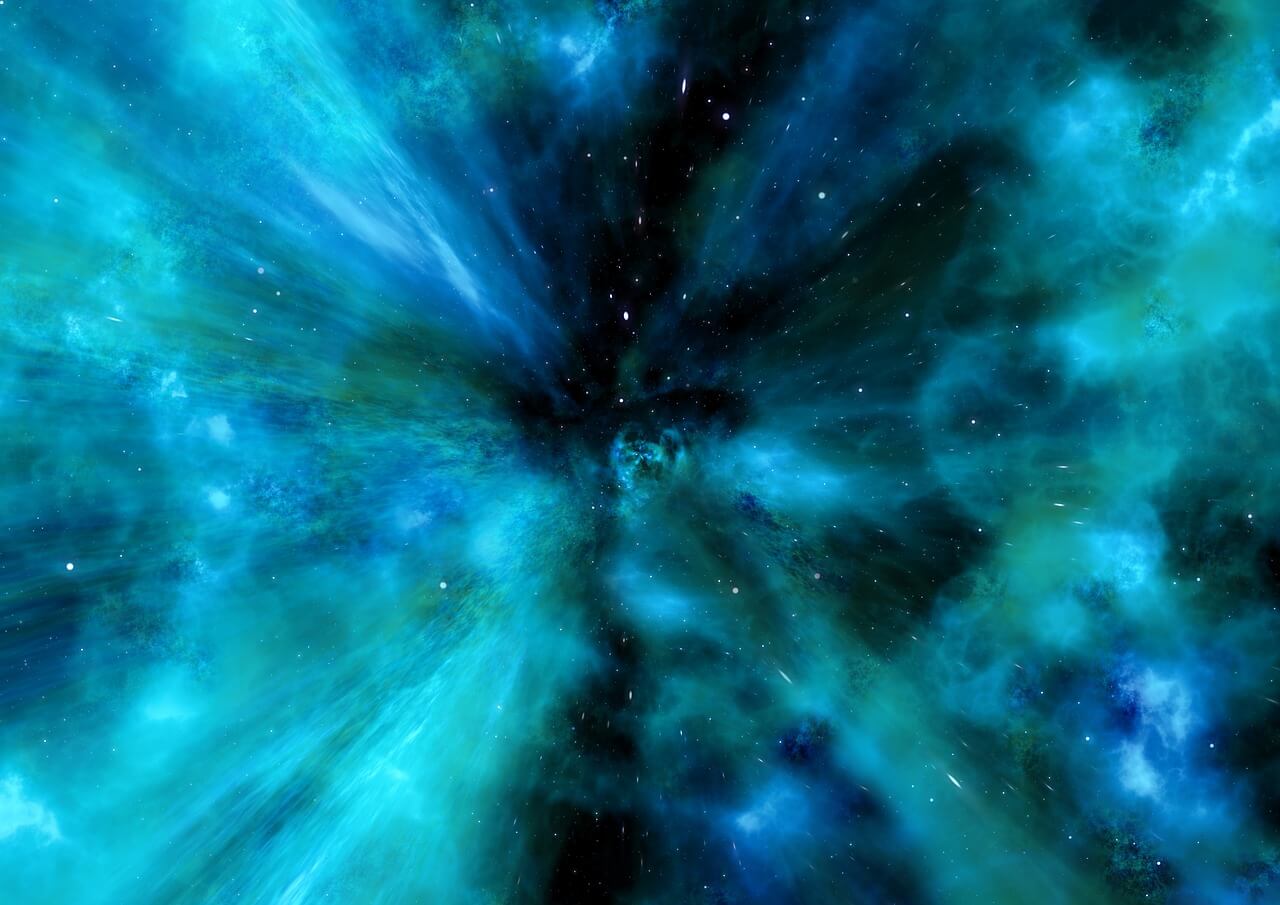You’d think that, with the technology we have nowadays, we’d finally be able to solve the biggest riddle of all time: how the world came to be. But, alas, the Universe isn’t giving away its secrets easily. In fact, scientists are ready to admit that every progress they made in that direction might have been for nothing. There is yet no proof of a light inflaton responsible for the Universe’ explosion #todaymagic
Physicists from the Institute of Nuclear Physics at the Polish Academy of Sciences and the University of Zurich spent the last decade conducting experiments with the Large Hadron Collider at CERN. Their hope was to find traces of a light form of the “one and only” particle that made everything possible. They even gave the particle a name – the inflaton -, as in “the particle that inflated space”. Only, the search has been in vain.
The theory was that this particle inflated space to an enormous size in a split second. Then, the Universe expanded gradually, at its own pace. As you can imagine, scientists did base their hypothesis on an undeniable fact, related to the temperature seen in distant regions of the cosmos. It seems that those temperatures are almost identical, causing an uniformity that can be explained by the rapid growth of the Universe in a very short amount of time.
But, if this rapid inflation occurred, there should have been a field with particles present, and those particles would have been detectable with today’s tech. Like the Higgs boson. Only scientists discovered that while the inflaton was Higgs-like, it wasn’t THE Higgs. The boson’s mass was too heavy. Still, if the evasive inflaton ever existed, it should have left a mark in the background radiation, but it didn’t.
This led to a disarming conclusion: “We can therefore say with great certainty that light inflaton simply does not exist”, concluded Marcin Chrzaszcz from the Polish Academy of Sciences.
So, where does that leave us? Well, either the inflaton exists and it’s heavier than presumed or it behaves in a unthinkable way even for the brightest physicists out there.
Follow TechTheLead on Google News to get the news first.























